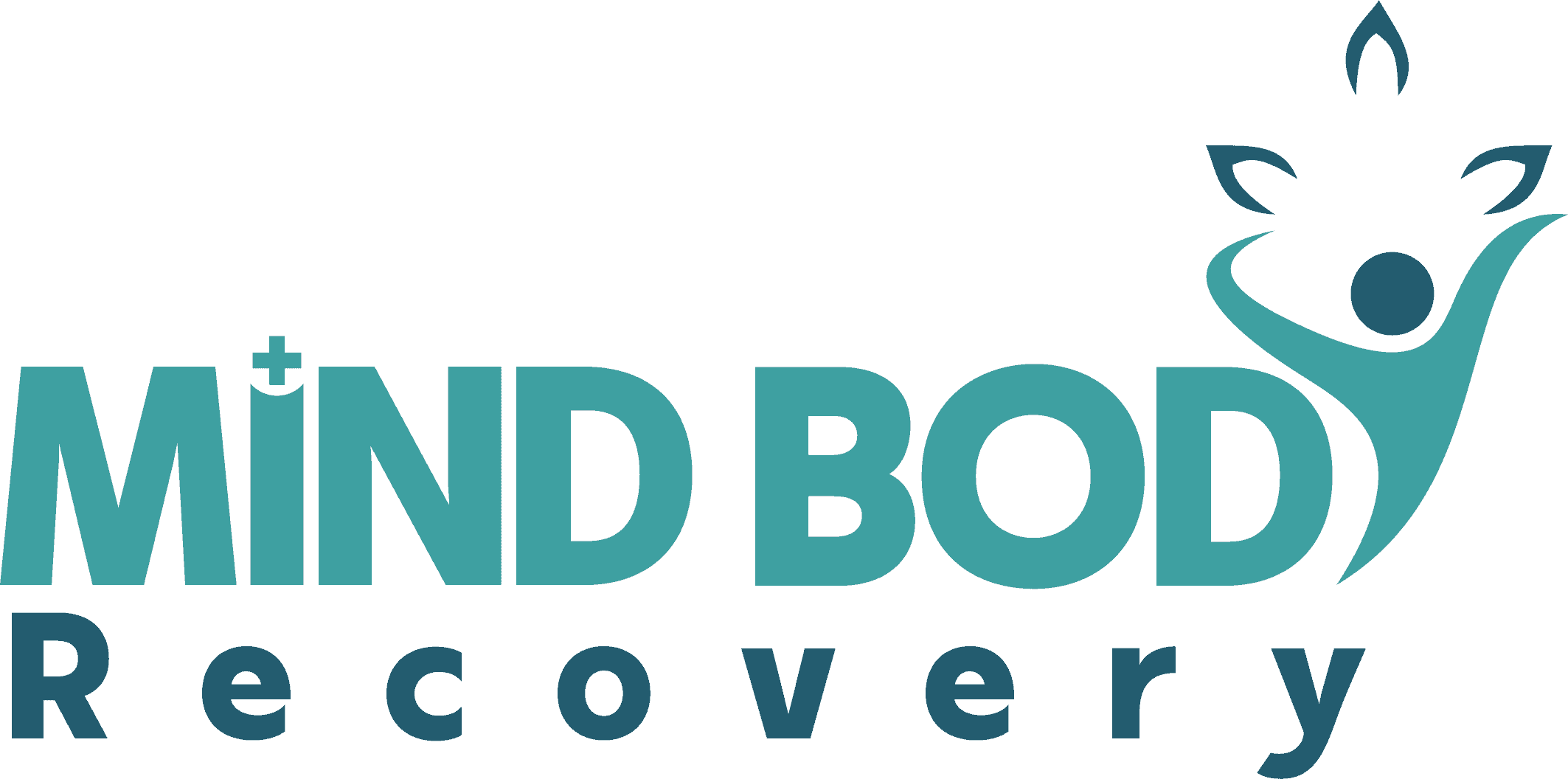For seasoned professionals in the addiction field, here is a good reminder of how to guide the family during the after care period of addiction recovery. For recovery clients and their loved ones, use this as a template for behavior, and goal setting.
When addiction encompasses a loved one and treatment is required, one of the most critical times are the weeks and months after the family member returns home from the rehab facility. They need love and support more than ever. Statistics show that recovery is far more successful and sustaining when family is committed as well.
Here are things we can do;
Jump In And Help
Loving, supporting, and protecting family members in recovery can make the difference between relapse and sobriety. Keeping judgement out of the mix, we can take an active role in the life of the recovering family member by supervising, helping with safe transportation, requiring financial accountability and supporting job searches, volunteer opportunities, and meeting attendance.
Always Show Respect
It is easy to criticize, belittle, or become angry when addiction infiltrates our lives via someone we love. Surely everyone’s life changed from addiction, and more changes may be yet to come, but never forget to keep showing respect and help the recovering addict maintain dignity. It is very hard to move forward in recovery when you feel low and inadequate. Show affection, and demonstrate your love in your behavior. This actually speeds up the healing process.
Be Patient…
Rome wasn’t built in a day, nor is an addict made whole overnight. Sometimes the most long lasting healing is slow and gentle. ‘Slips’ along the way, though unwelcome, can be a platform for learning and future relapse prevention.
Keep Schedules And Routines
Remember, your addict loved one was out there, spending his (or her) day chasing down their drugs, and became neuro-mapped to do so. Developing new routines is paramount is creating and sustaining long term changes. Help them build into their daily program healthy habits such as juicing and exercising. Encourage the keeping of a calendar for meetings, appointments, and activities.
Include The Spiritual Component
Making a spiritual connection with a higher power, not only supports recovery, but can totally enhance someone’s life, from material and mundane, to a ‘higher’ level of though and feeling. If the recovering addict is not ‘religious’ per se, then suggest family meditation or some kind of cosmic study.

